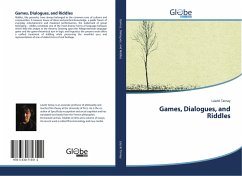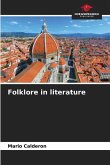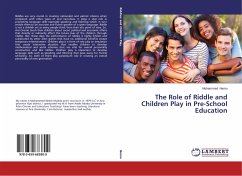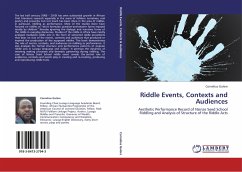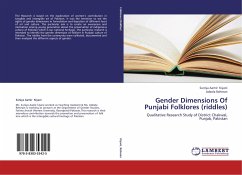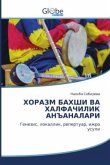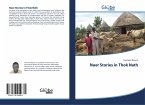Riddles, like proverbs, have always belonged to the common core of cultures and communities. A treasure house of ideas and practical knowledge, a public forum of everyday entertainment and ritualized performances, the trademark of group belonging - riddles constitute one of the most diverse forms of language behavior which defy the analyst or the theorist. Drawing upon the Wittgensteinian language game and the game-theoretical turn in logic and linguistics the present work offers a unified treatment of riddling while preserving the manifold uses and representations of one of oldest forms of oral heritage.
Bitte wählen Sie Ihr Anliegen aus.
Rechnungen
Retourenschein anfordern
Bestellstatus
Storno

